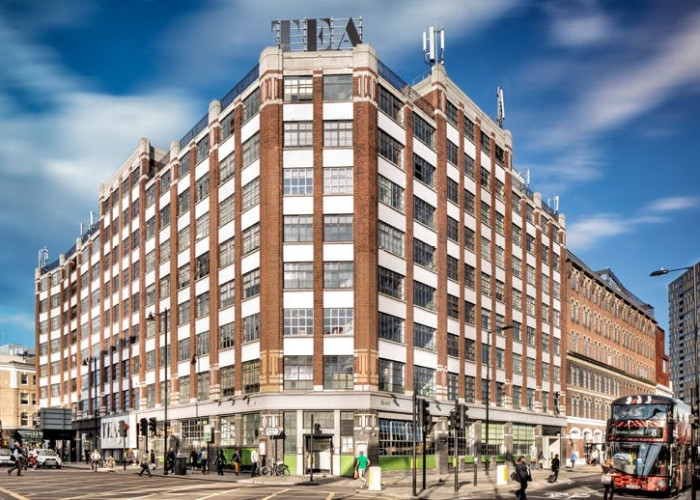In UK planning law, “sui generis” is a Latin term meaning “of its own kind” or “unique.” It applies to properties that do not fit within the standard use classes outlined in the Town and Country Planning (Use Classes) Order 1987. Examples include theatres, nightclubs, casinos, and petrol stations. Following changes in 2020, venues such as cinemas and concert halls have also been classified as sui generis. These spaces are distinct due to their specialised nature, setting them apart from conventional commercial properties.
Renting Sui Generis Office Spaces
Leasing a sui generis office space in the UK offers both opportunities and challenges. Businesses seeking distinctive and characterful workplaces often find these properties appealing. However, their unique classification can lead to limited availability. In London, areas such as Soho, Shoreditch, and Camden are known for offering such distinctive spaces, often within converted buildings or creative hubs.
Is There Availability and Demand For Sui Generis Office Spaces?
The demand for unique office spaces has led to a competitive market, particularly in major UK cities. Flexible office providers are responding to this trend by adapting larger buildings into smaller units to meet the needs of businesses looking for non-traditional workspaces. For instance, the City of London is experiencing high demand for office space, second only to West End locations. This surge is attributed to businesses seeking flexible and distinctive office environments. Additionally, London leads the world in the flexible workspace market, with over 17.1 million square feet of flexible office spaces. Forty-seven per cent of UK businesses expect to use serviced, co-working, or flexible spaces in the future.
Planning Considerations For Sui Generis Office Spaces
When considering renting a sui generis office space, it is important to be aware of planning regulations. Since these properties do not fall under standard use classes, any proposed change of use typically requires planning permission. This process can be more complex and time-consuming compared to properties within defined use classes. Understanding local authority requirements and potential planning constraints is crucial for businesses considering these spaces.
Sui Generis Office Spaces Cost and Flexibility
The cost of renting a sui generis office space can vary significantly depending on its location and specific use. Prime locations such as London’s West End or Shoreditch often come with premium price tags due to high demand and the uniqueness of the properties available. However, many businesses are willing to pay more for the creative and inspiring environments these spaces offer. Research shows that businesses in creative sectors are 1.6 times more likely to opt for flexible and non-traditional office spaces compared to other industries. Additionally, with hybrid working models becoming more prevalent, many companies are seeking adaptable office solutions that allow for both in-person collaboration and remote work. This shift has increased demand for sui generis office spaces, particularly those that provide open-plan layouts, creative studio environments, and collaborative workspaces.
Conclusion
Sui generis properties offer unique office spaces that can enhance a company’s identity and provide an inspiring working environment. While their classification can make the renting process more complex, demand for distinctive workplaces remains strong, particularly in creative districts of London and other major cities. Businesses should be prepared to navigate planning requirements and act swiftly to secure these sought-after properties in an increasingly competitive market.

